Roland Philipps
Scout
As East London Commissioner Roland supported the development of early Scouting in the area. As well as writing Scouting manuals he organised events including the Hackney Scout Lectures, each one attended by up to 700 enthusiastic Scouts.
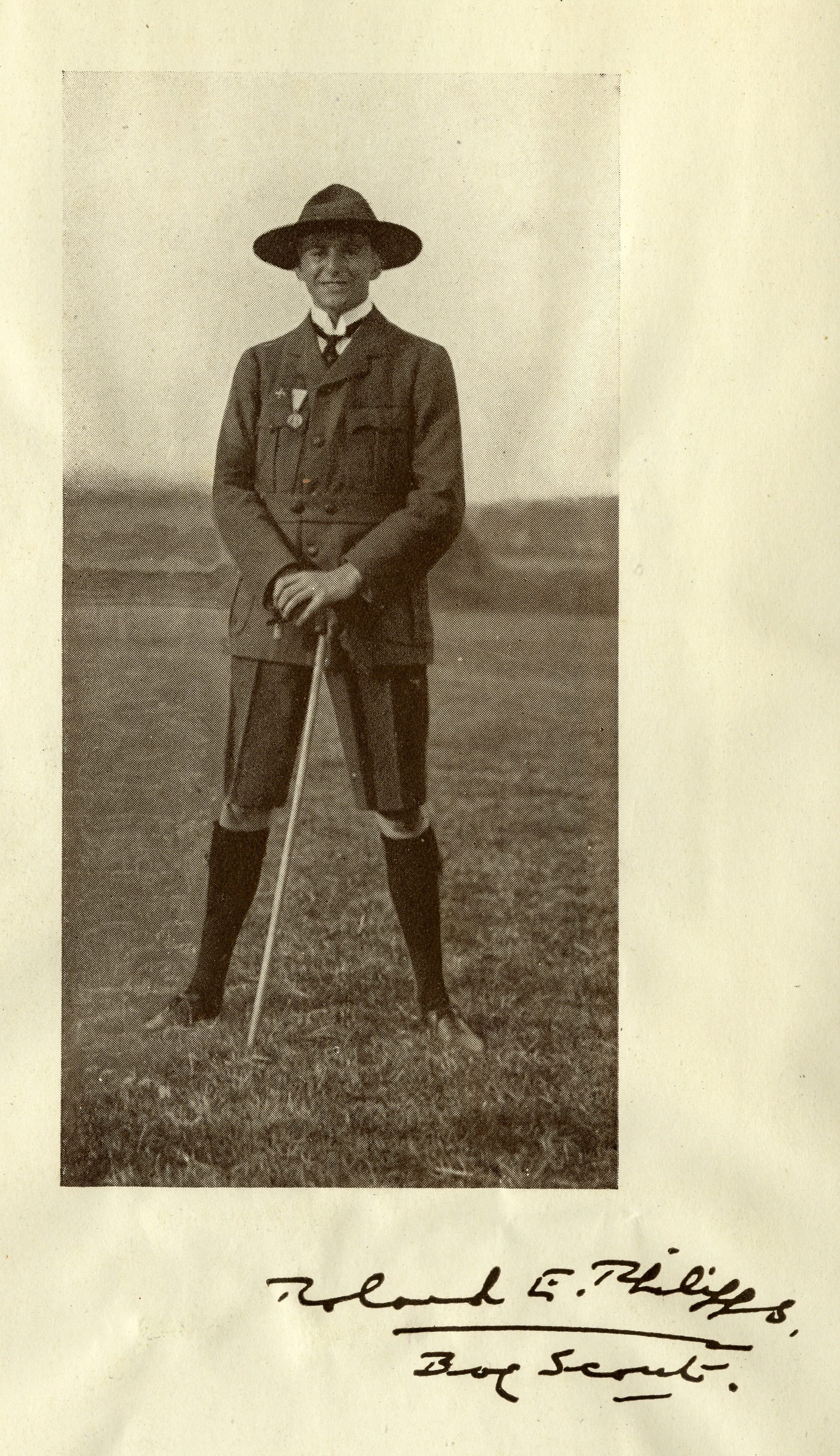
He was a strong advocate for young people, encouraging them to develop new skills and leadership roles. As a young man, only a few years older than his Scouts, Roland knew how to speak to and engage his audience ensuring a band of loyal followers to whom he was a hero.
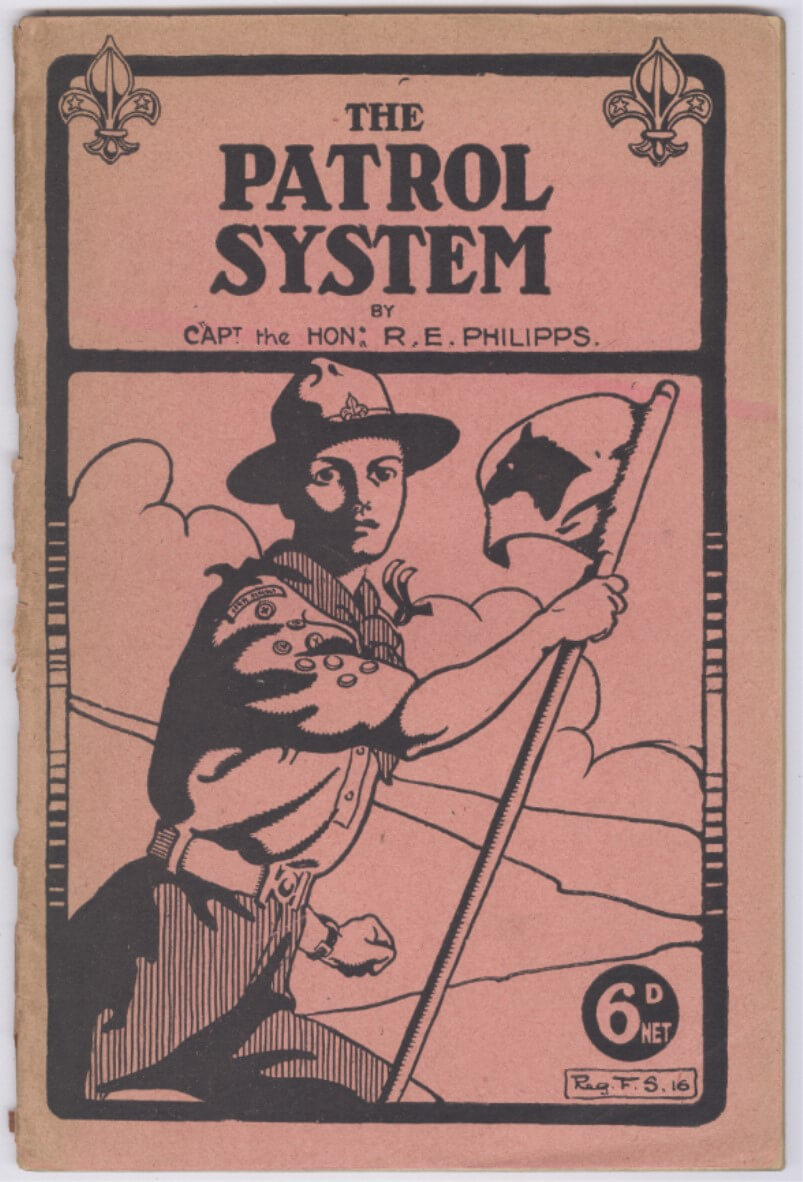
Soldier
Roland battled with his decision to join the Army trying to reconcile his wish to serve his country with his Scout values of peace and friendship.
Following the outbreak of the First World War Roland became a Lieutenant in the 9th Battalion, Royal Fusiliers.
Before leaving for the Western Front Roland purchased a house in Stepney with the idea of using it to benefit Scouting, he wrote to Robert Baden-Powell to express his wishes: “…the training centre in East London will in any case be at the service of the East London Scouts next summer. In case during the war I go on the bigger Scouting expedition, as so many have already done, I want to ask you as a special kindness to pass over the buildings, on my behalf, to the Scouts I care for so greatly in East London. One could live or die gladly in this or any other world if one knew that Scout ideas were held on high by the men and boys of this country.”
Throughout his Army training and service Roland maintained a constant stream of communication with his Scouting friends.
On the 26 March 1916 he wrote the following to Baden-Powell: “It bucks me up to know that you have work for me amongst the boys of Britain when the War is over. I long to come back and do it, it would be the moment of most perfect happiness in my life.”
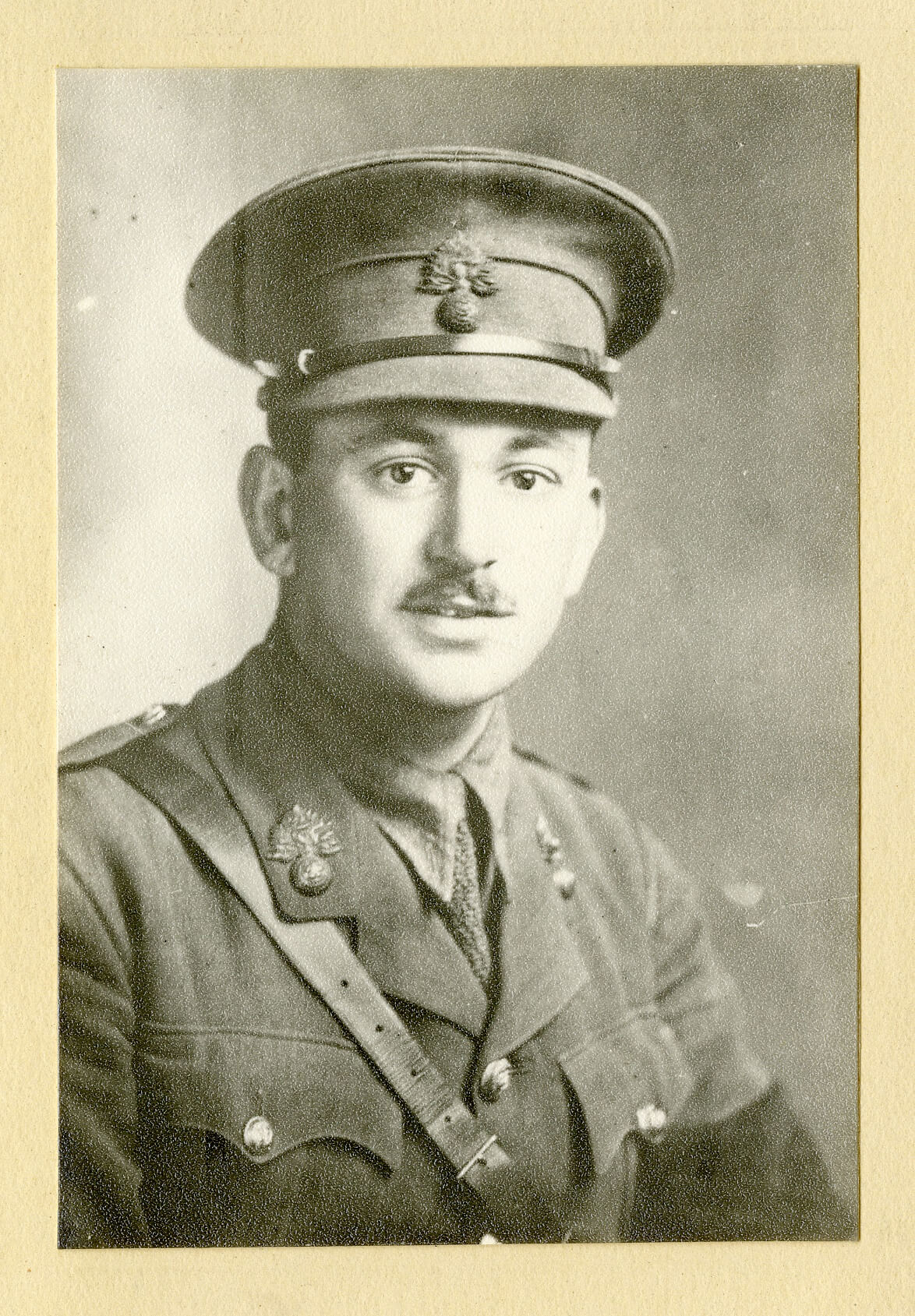
Somme
The 1 July 1916 saw Roland’s Battalion on the Frontline of the Battle of the Somme, he was injured on the 3 July when a direct hit on his trench reopened an old wound. He refused to leave the Frontline and on the 7 July led his men out of their trench. Roland was killed, shot in the head, he was 26 years old. The Scouting community mourned and just over a fortnight after his death a memorial parade of thousands of Scouts made its way through the East End of London.
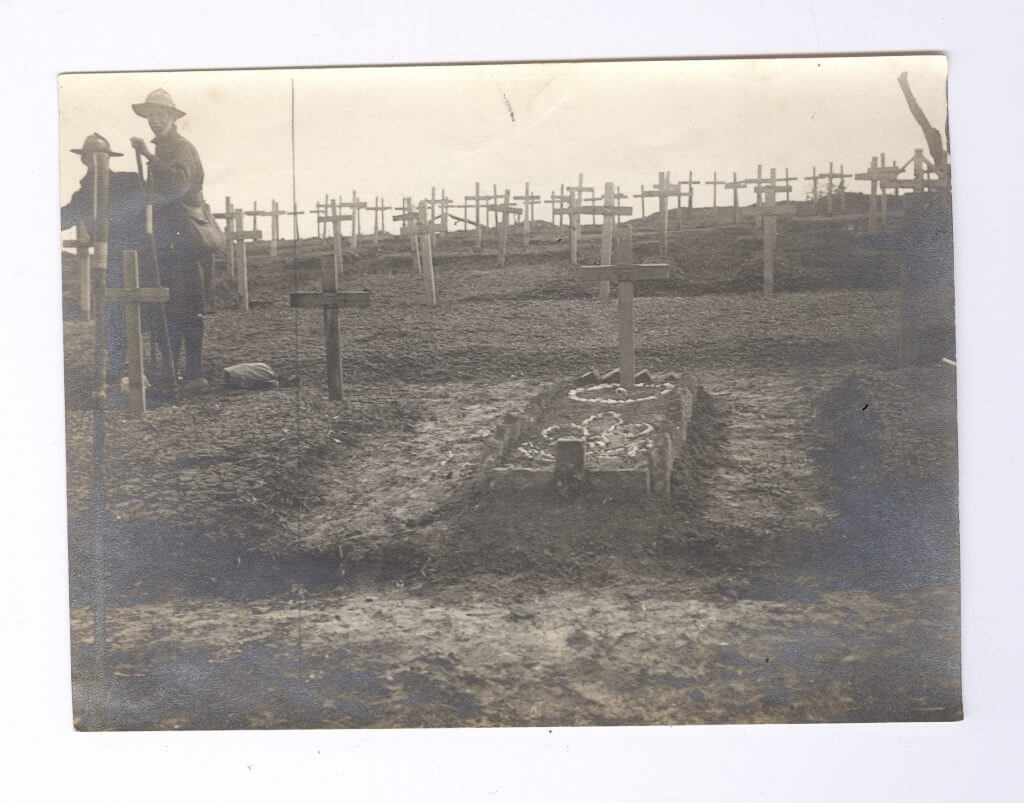
Legacy
Roland’s house provided a headquarters for East London Scouts for over 60 years and its eventual sale generated funds to buy the present day headquarters named the Roland Philipps Scout Centre.
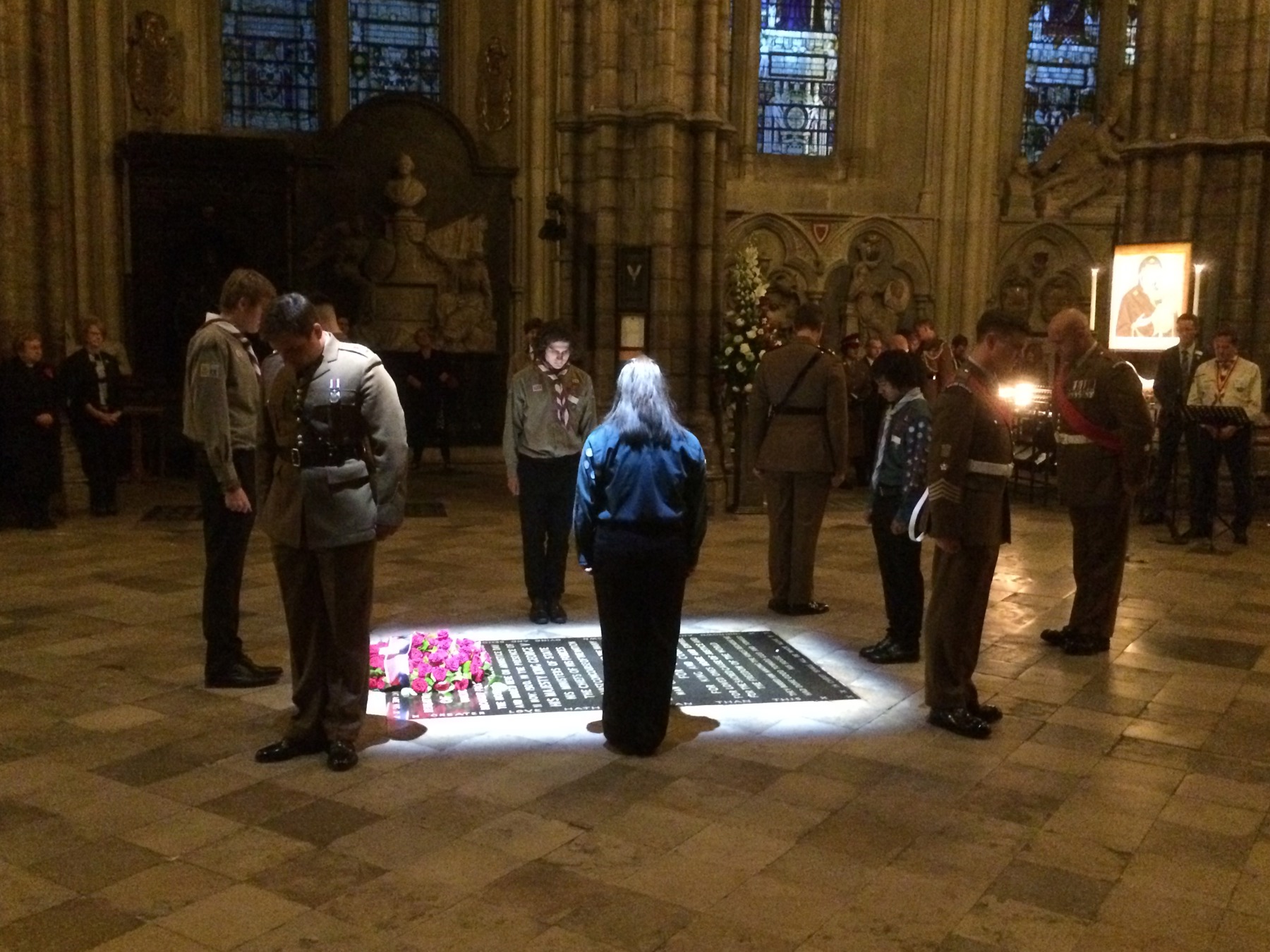
A fund to support Scouting was also set up, and continues today assisting young East Londoners with the cost of attending camps and all the other adventures Scouting has to offer.
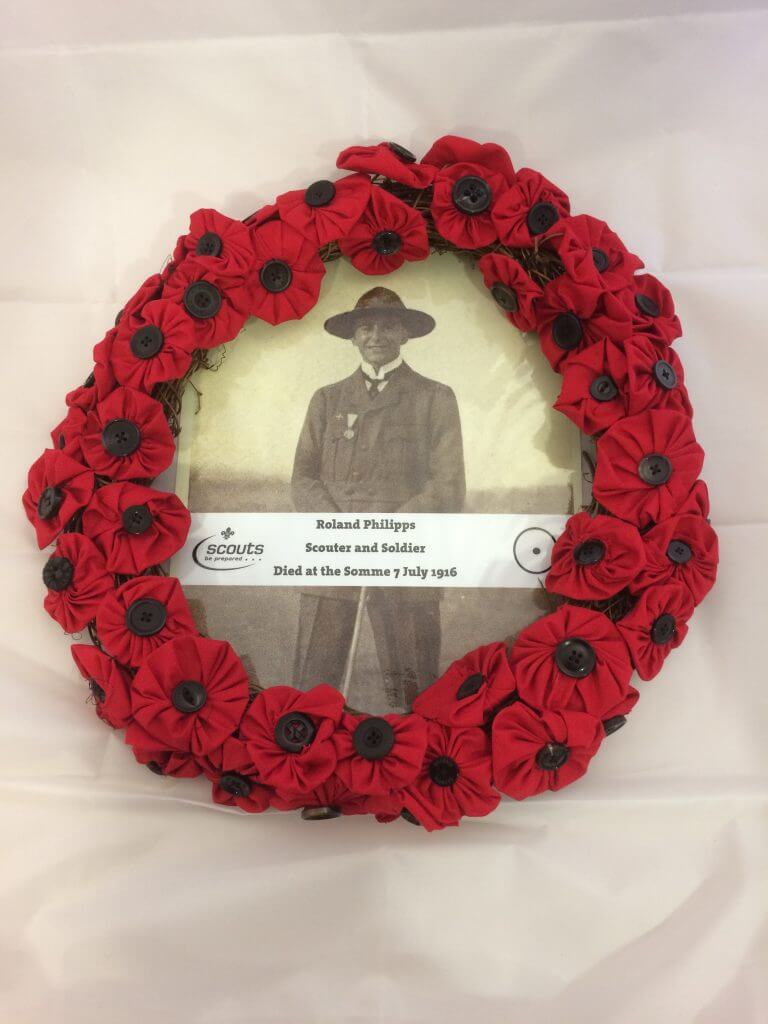
Cubs and Beavers from Greater London North East learnt about Roland’s life at an activity day, and made remembrance poppies. The wreath made from their poppies was laid on Roland’s grave, in France, by East London Scouts.